The research discovered teenagers having lower cognitive function are more likely to suffer strokes before they turn 50. The findings from the study published in the Journal of Epidemiology & Community Health showed that teens within medium or low cognitive function have double and triple risks respectively of early-onset stroke compared with those with higher cognitive function. This poses questions regarding the long-term health impacts of adolescent cognitive function and its effect on early adulthood.
Concerns Over Early Onset Strokes
Previously, a stroke was thought to be an older adult’s complaint; however, there has been a worrying increase witnessed in younger populations. The increased incidents of stroke among people below 50 years brings to fore the need for identification of early-life risk factors which may contribute to it. While things like high blood pressure, being overweight or diabetic have long since been recognized as causes of stroke, this particular study sheds light upon how important thinking capacity is during teenage years in predicting early onset stroke.
Can Cognitive Function Predict Stroke?
Cognitive function is referred to as an individual’s ability to think, reason and solve problems and is considered one aspect that measures brain health generally. In this research paper, the focus is on the question whether cognitive abilities among teenagers could predict incidence of stroke at later stages even after accounting for other known risk factors.
Study Design and Methodology
The study involved 1.7 million adolescents assessed for their cognitive functioning prior to conscription between 1987 and 2012. These assessments incorporated general intelligence test comprising subtests assessing verbal instructions, mathematical abilities as well as abstract reasoning. Consequently, participants were stratified into three groups based on these test results: low cognitive performance group, middle group and high performing group.
These scores were then linked with data on strokes recorded between 2014 and 2018 through this research methodology used by researchers. Therefore through analyzing this data set researchers managed to explore possible connections between adolescent’s cognitive functioning level and the probability of having a stroke before 50 years.
Key Results: Low Cognitive Function Increases Stroke Risk
The findings of the study were remarkable. Cases in point, adolescents with medium cognitive function had 1.78 times higher odds of experiencing a stroke before age fifty while those with low cognitive function had 2.68 times higher odds than their high-functioning counterparts. The risk was even more pronounced when the analysis was limited to ischemic strokes, the most common type of stroke caused by a blood clot obstructing blood flow to the brain.
For ischemic strokes, adolescents with medium cognitive function faced a 1.92 times higher risk, and those with low cognitive function had a 2.97 times higher risk. This risk escalated particularly when an individual experienced their first stroke before they turned forty as individuals in the low cognitive function group had over three times the likelihood compared to their normal peers who suffered from such diseases at this stage in life.
The Puzzling Relation between Cognitive Function and Other Health Factors
The study also showed how cognitive function is linked to other factors that determine the health of a person. For instance, adolescents with lower cognitive function levels were more likely to be overweight or obese while they are unlikely to have completed high school education and reside in neighborhoods characterized by low socioeconomic status. This could also further compound stroke risk as well as further complicate the linkage between cognition and overall health.
Ways of Addressing the Limitations and Future Research Directions
Although this study has provided a great deal of insight, it is not without its limitations. The researchers did not have data on stroke incidents that occurred before 2014, and lifestyle factors such as smoking, alcohol consumption, and physical activity were not available. Additionally, the study lacked detailed information on higher education levels or income which might further affect stroke risk.
Future research should look deeper into why low cognitive functioning increase stroke risks more often than other cardiometabolic conditions like hypertension do; for example when participants who had very poor results in university entry exams also happened to have suffered from strokes later on life. By understanding these links, more specifically targeted prevention strategies and healthcare interventions can be devised especially for those individuals at greater risk due to limited cognitive abilities during adolescence.
Conclusion: A Call for Early Prevention Action
The findings from this study emphasize the significance of intervening early with initiatives aimed at enhancing adolescent’s cognitive abilities. By tackling cognitive difficulties early on in life it may be possible to avoid having strokes and other serious health conditions later in life. As teenage-onset stroke continues to rise, this research is a strong reminder about how what happens during one’s teenage years can impact adult wellbeing in future.




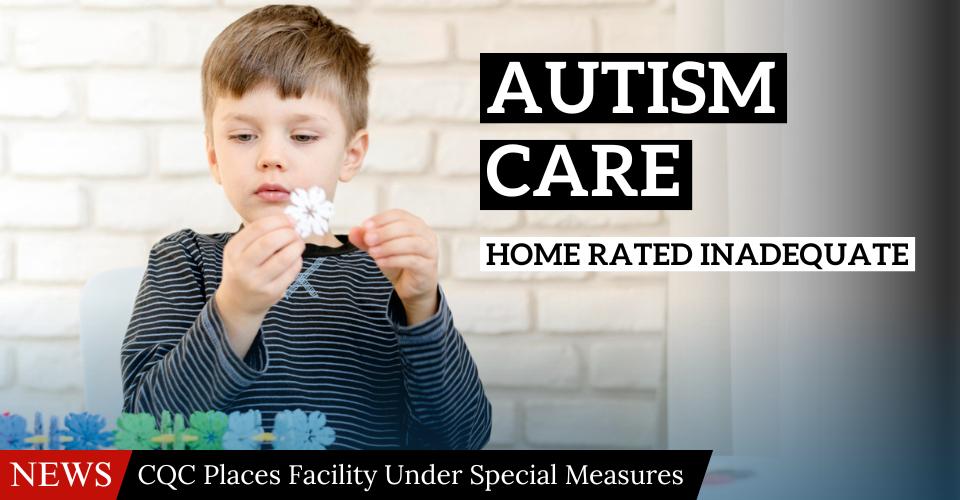
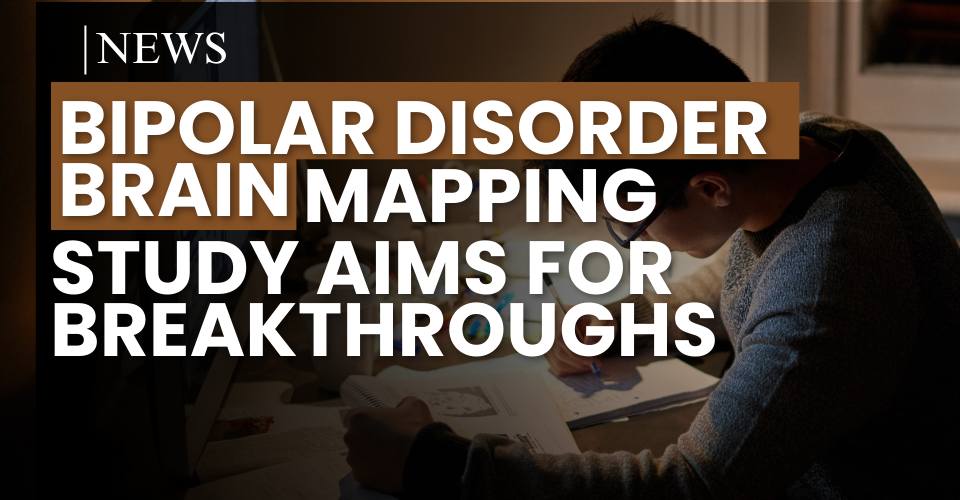
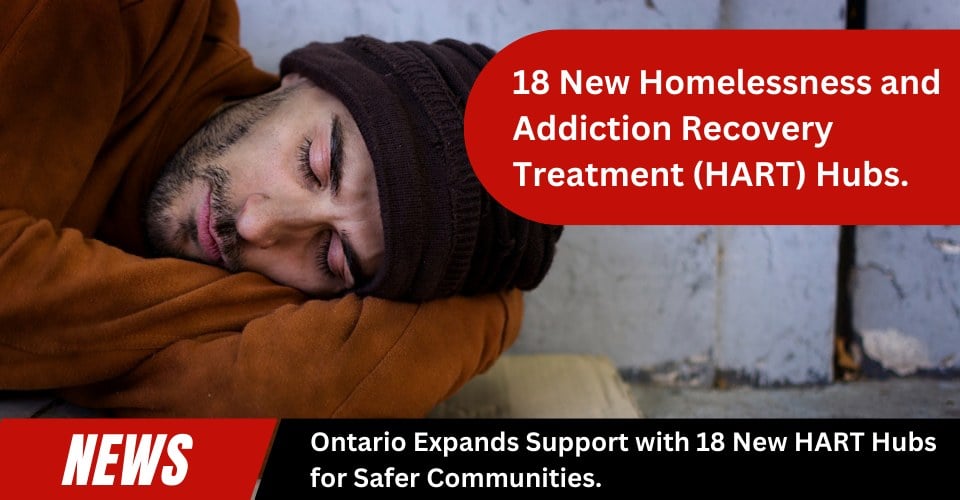

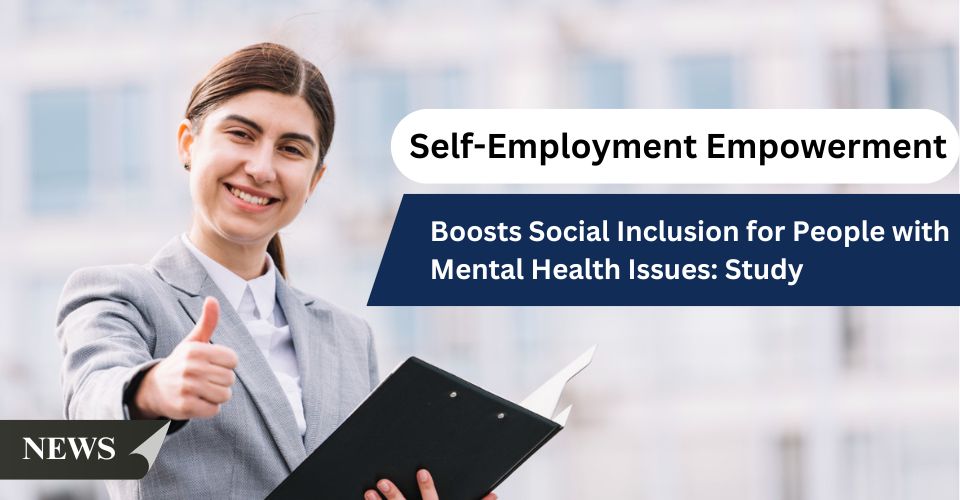

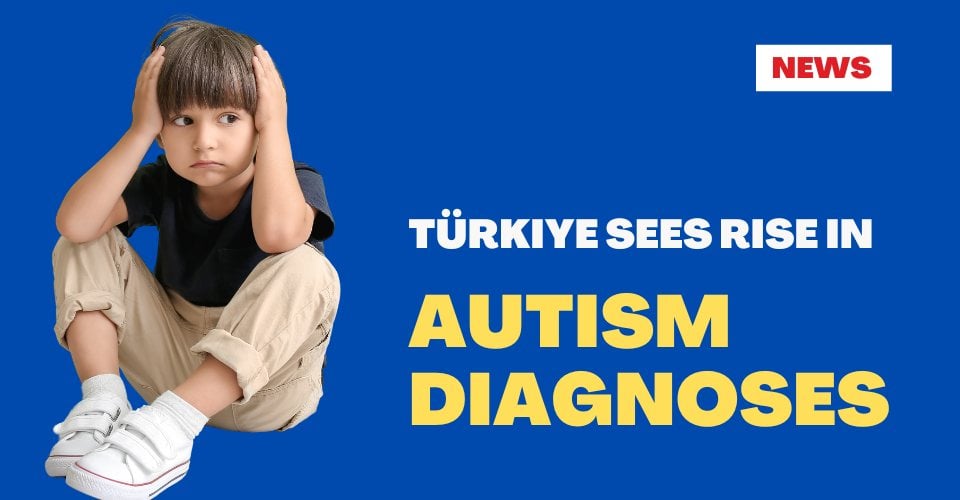
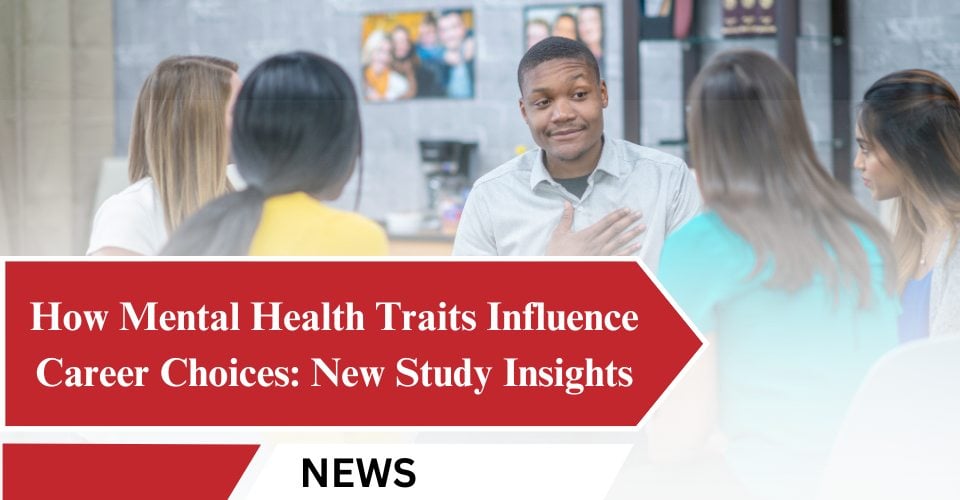
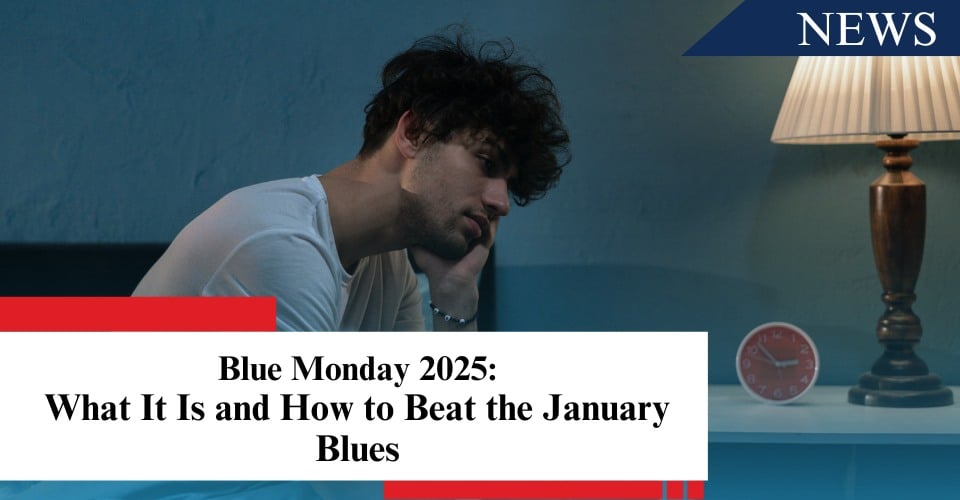
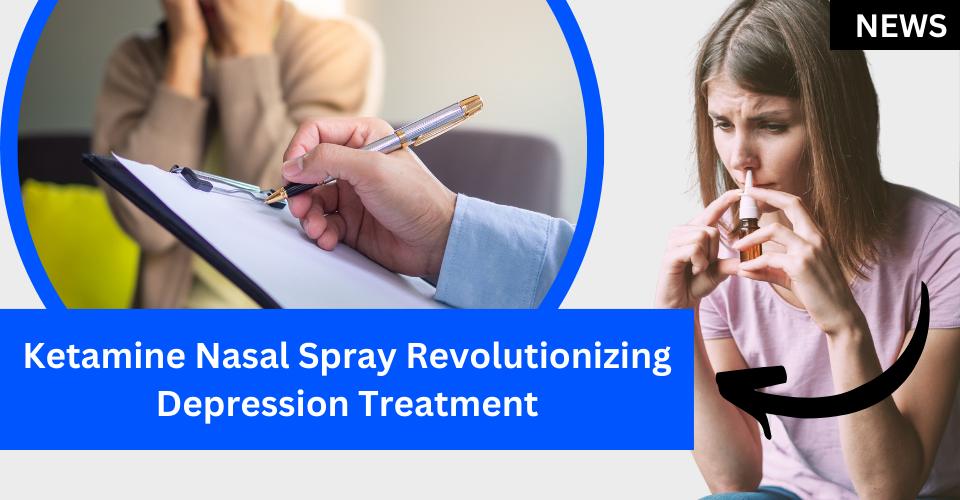
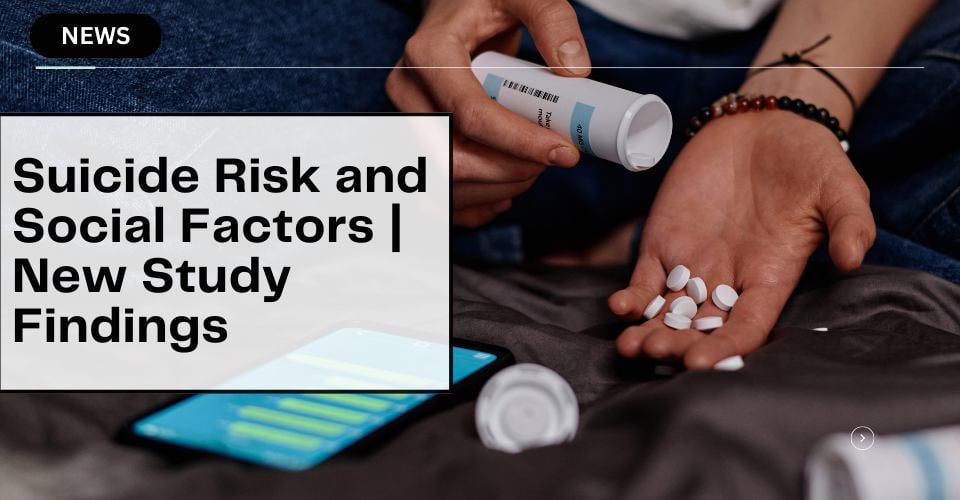

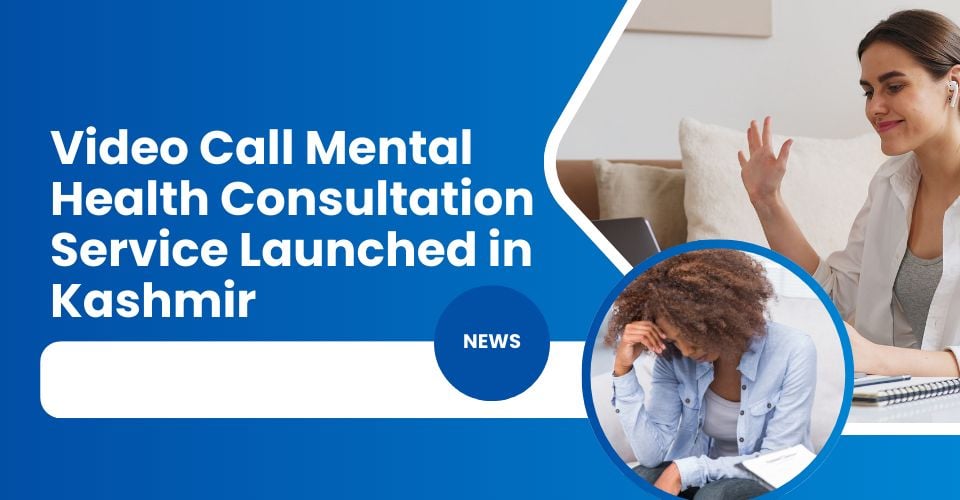

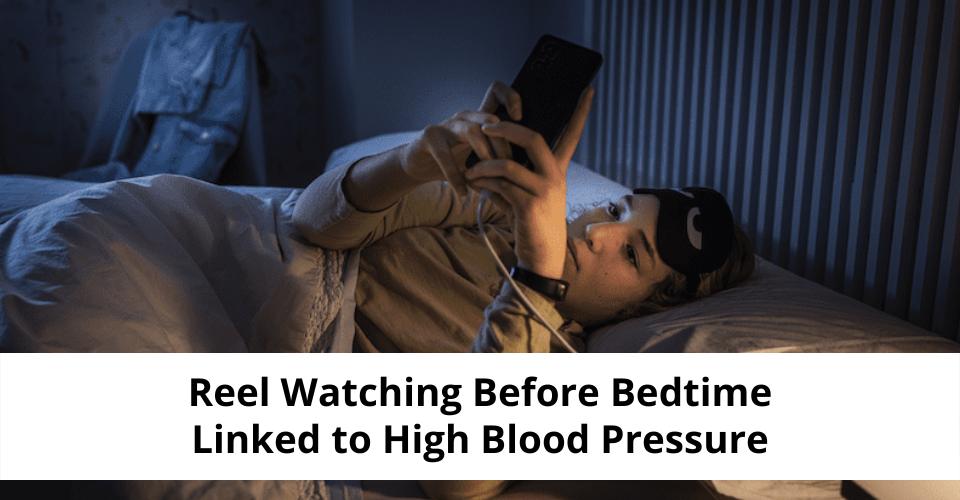



Leave a Reply
You must be logged in to post a comment.